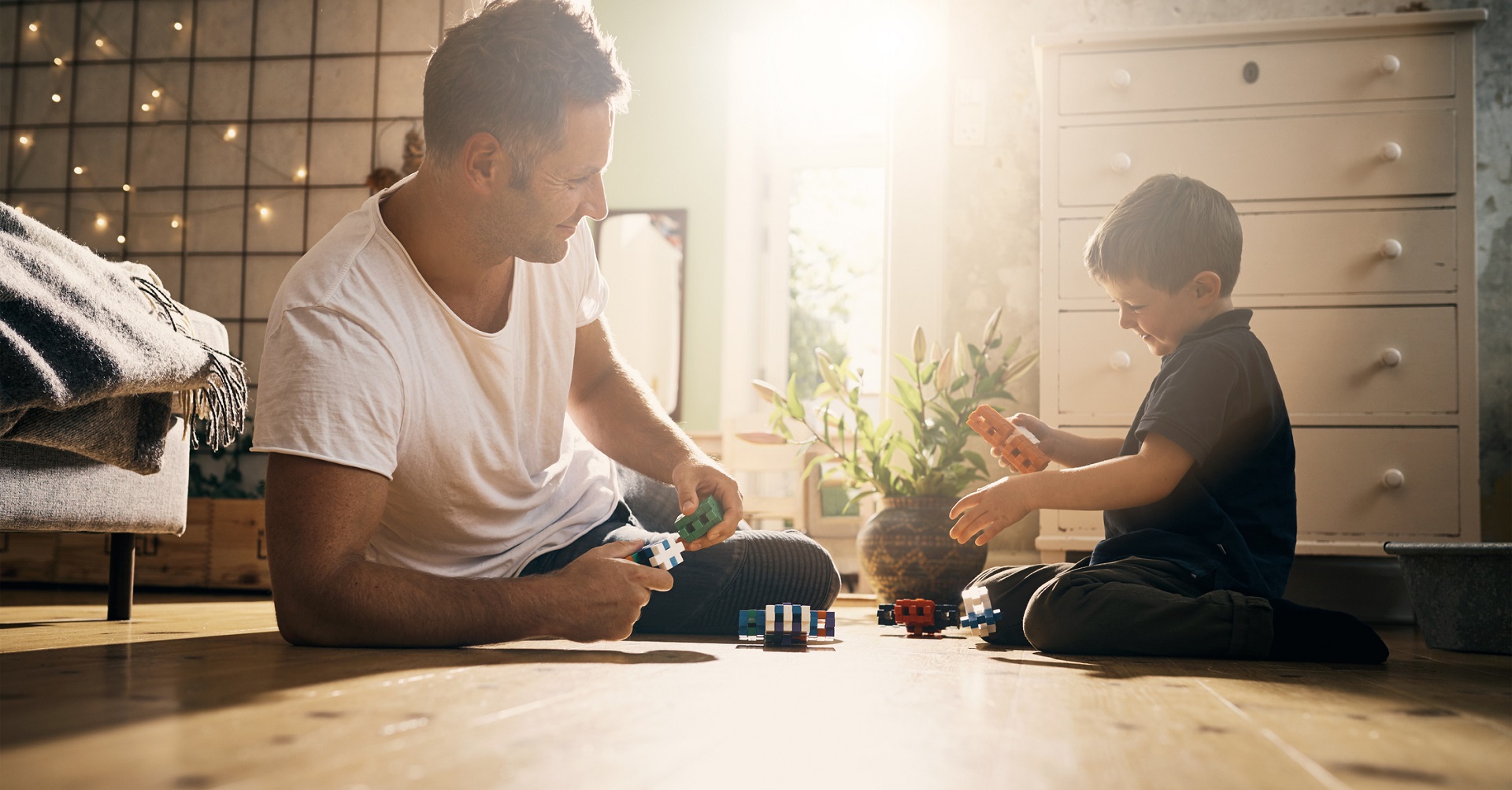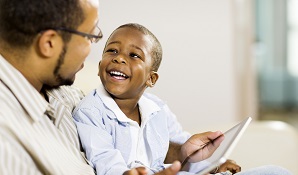“There was a new book out by my daughter’s favourite author, so when I picked her up from school, I told her I had a surprise for her. When we got home I showed her the new book, and she said thank you, but then told me she was disappointed that I wasn’t taking her to McDonalds!” says Kathy.
Ellen has a similar story. “We took our son to Gold Reef City for the day and he’d gone on loads of rides and had lunch and a chocolate. But then he wanted a cooldrink and I told him he could only have water, and he just melted down – he was hot, tired and thirsty. I felt like I had somehow raised a terrible and ungrateful child.”
Most parents find themselves wondering that, at some point in their parenting career. The good news is that gratitude is one of those attributes that kids can learn, with your help. We spoke to Ruth Ancer, a clinical psychologist in private practice in Johannesburg, about how to go about it.
This is what she had to say:
Adjust YOUR expectationsChildren are not born with an innate sense of gratitude or even empathy. They are born with the tools to demand that their needs are met. As they make the journey towards adulthood, they learn what’s appropriate from their parents and their environment.
Don’t take it as a sign that you have failed or that there’s something wrong with your child.
“While no parent likes to have an ungrateful child, and of course you should address the behaviour, don’t take it as a sign that you have failed or that there’s something wrong with your child,” says Ruth. “Children are naturally egotistical and narcissistic. Take a deep breath and keep working at the task of raising them right.”
Model the appropriate behaviour One of the best ways to help your child learn to feel and express gratitude is to model that behaviour yourself, because children copy what they see.
“If you show appreciation and express gratitude for things and experiences in your life, your children will see that this is the right way to engage with the world,” says Ruth.
She suggests modelling appreciation in every small interaction you have with people. “When the waitress arrives with your coffee order, don’t be so busy chatting to your friend that you don’t say thanks.”
And express gratitude often for the things that you have in life that you could take for granted – like a nice house, a beautiful view of a sunset, or a walk in a lovely park or garden.
Teach them to say it, even if they don’t feel it Good manners are created by society – we are not born with them. So teach your children the magic words that will please others: “Thank you!” You should also work on a genuine tone and eye contact, but getting the words right is the first step. The positive response that they receive to their good manners will show them how much words can mean to others.
Manage THEIR expectations If you are taking your child on an outing, and you know there’s a good chance they will ask for other things along the way, take the fight out of the process by managing their expectations upfront.
“Let them know that they are going to the zoo, but that they can’t go on the rides or have an ice cream – or whatever your limits are,” says Ruth. “That way, they won’t think they’re in with a chance when they see things they want.”
She adds that it is also important to manage their expectations in relation to the other children around them. “Some kids will have more and some kids will have less, and there’s no harm in explaining that you can’t afford to go on holiday more than once a year, or that they also have to accept other families’ rules when you go on outings together – or abide by your rules even if other families are more permissive.”
Show them how lucky they are Give your children the opportunity to understand how fortunate they are. Get involved in charity initiatives like Santa Shoebox that makes them think about the fact that other children have very little at all.
“This won’t necessarily mean that they will go through life feeling grateful for every little thing, but it will give them perspective on the world and their fortunate place in it,” says Ruth.
Understand their world and their triggers If a treat involves things that your child is not good at – sitting still for a long time, walking far, putting up with heat, or interacting with a big crowd - don’t expect your child to be able to put aside their personality to show appreciation. A hot, hungry, sore-footed child is going to complain, no matter how much you spent on entry tickets. Match the treat to what they like and what they can cope with.
Do exercises in gratitude At the end of every day, over dinner or before bedtime, play the “Three things to be grateful for today” game. This makes your child – and you – think back on your day and highlight the good points, which becomes a habit for the brain.
Finally, criticise right When your child expresses ingratitude, take care in forming your response. “Don’t shame the child or say that they are ‘bad’ or ‘ungrateful’, but rather make it about the behaviour,” says Ruth.
So say something like, “I get disappointed when you don’t show appreciation because I made a lot of effort to make this nice for you.”
Children believe they can’t change what they are, but know that they can change their behaviour.
Onwards to gratitude Remember that parenting is a long game – there are very few behaviours that can be corrected or taught overnight. Gratitude is a journey that you and your child can go on together – onwards and upwards.





